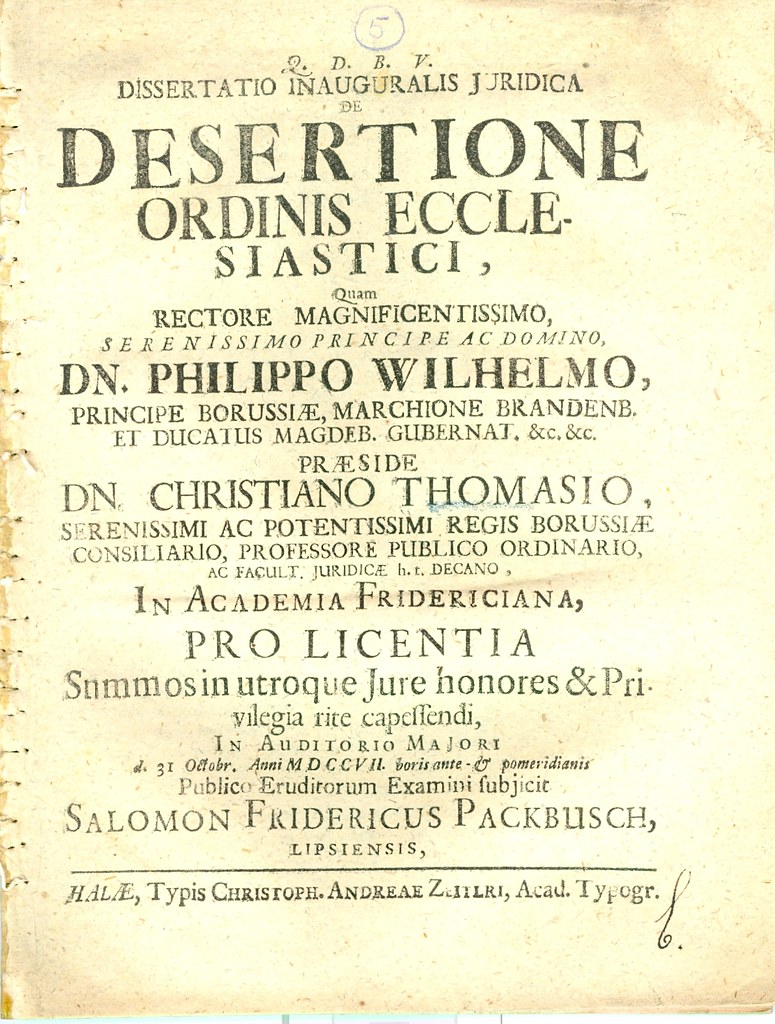 Graduate Training in the 21st Century, housed within the #Alt-Academy MediaCommons project, is soliciting content for a cluster exploring the idea of the changing dissertation in the humanities. Titled "Beyond the Proto-Monograph: New Models for the Dissertation," this cluster seeks to explore how the prototypical graduate project in the humanities—the dissertation—is changing in the face of the digital turn, shifting job markets, and new visions for the academy. Contributions to the cluster may include (but are not limited to) any of the following:
Graduate Training in the 21st Century, housed within the #Alt-Academy MediaCommons project, is soliciting content for a cluster exploring the idea of the changing dissertation in the humanities. Titled "Beyond the Proto-Monograph: New Models for the Dissertation," this cluster seeks to explore how the prototypical graduate project in the humanities—the dissertation—is changing in the face of the digital turn, shifting job markets, and new visions for the academy. Contributions to the cluster may include (but are not limited to) any of the following:
- Autobiographical accounts of the development and execution of non-traditional dissertation projects
- Suggestions for overcoming institutionalized and local resistance to non-traditional research work
- How the turn to digital humanities is impacting the nature of dissertation projects
- How the economic and structural issues with the scholarly publishing system is impacting the nature of dissertation projects and the goal of their eventual publication as a scholarly monograph
- How the development of the #altac track within and alongside academia is changing the purpose and necessity of the proto-monograph
- The role of apprenticeship environments (the workshop, the reserach lab, field investigations) in preparing for dissertation-type projects
- The history of the dissertation as a form/genre and potentials for current reform found in historical models of academic knowledge dissemination
- Non-monograph dissertations and issues of knowledge preservation and dissemination
- Critiques of or commentaries on current proposals for alternative dissertations as published by major universities, academic societies, etc.
We would like to underscore that we seek submissions on any non-traditional dissertation projects, not limited to those that growing out of digital technologies or research topics. We welcome submissions addressing the dissertation as preparation for #altac or community work, on the role of the dissertation in graduate education generally, and on non-traditional projects still firmly grounded in the world of ink and paper.
While we expect most submissions for this CFP will take the form of original essays, the #Alt-Academy project welcomes other forms of participation and media: YouTube videos, diaries, materials from panels or workshops, Storified tweets tagged with #altac advice, previously published blog posts, and more.
Please send abstracts (or finished contributions, if you have them ready or are feeling ambitious) to the editors by 30 August 2014. We can be reached at gradtraining21c@gmail.com. Contributions should be reasonable in length if traditional essays, or reasonable in time if not. (i.e., a video should be under 15 minutes, a new media project should take under 30 minutes to navigate, etc). Please see the first two #Alt-Academy clusters for examples of what contributions typically look like in scope and length. We aim to keep our pulication process moving quickly, since contributions for Graduate Study in the 21st Century are significantly shorter than peer-reviewed critical articles, and the review and editing process is much swifter. Final pieces will be published together as a cluster.
As Brian Croxall has written in his CFP for a cluster on "Getting There" as an #alt-academic: "Contributing to #Alt-Academy is a bit unusual. But so is the nature of our work."
Image: "Dissertatio inauguralis juridica de desertione ordinis ecclesiastici" by the Yale Law Library
Add new comment